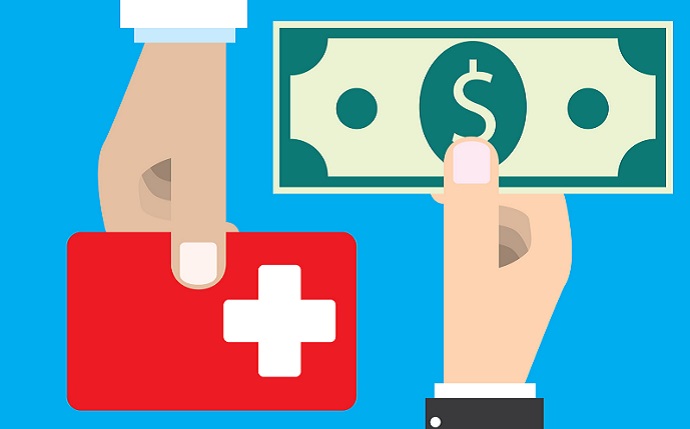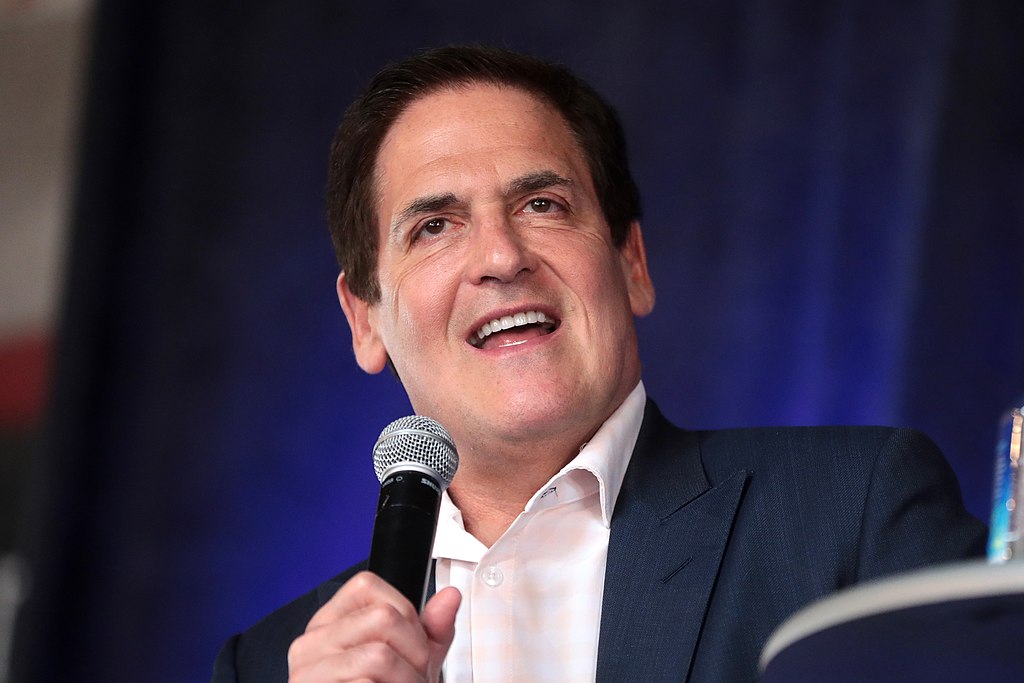Let’s talk about out-of-pocket costs, or OOP’s. We all confront them when we receive healthcare, and when we do, they distort our perceptions about the true cost of care. They come in the form of copays, coinsurance, and deductibles. Importantly, they come on top of the premiums way pay to buy health insurance. Just reading that list shows how costs can quickly add up if we aren’t effectively tracking medical dues.
Different health insurance benefits levy varying charges against patients at different times, but at their core they purportedly ensure patients and their families have some skin in the game.
OOPs have long been thought to prevent the moral hazard of insurance. Put another way:
A central challenge in designing health insurance plans is providing coverage that will provide for participants’ unexpected health care needs without encouraging unnecessary spending.
When insured individuals bear a smaller share of their medical care costs, they are likely to consume more care. This is known as “moral hazard.” In addition, when individuals who have a choice among insurance plans select their plan, those who are more likely to require care tend to choose more generous plans. This is known as “adverse selection.”
The fear of moral hazard might be going too far.
Out-of-pocket costs are designed to prevent overutilization of healthcare resources. I find it to be a funny argument. I can’t imagine a world where I’d try to pile on an extra Pulmozyme or ZenPep prescription, or even worse an extra, but equally unnecessary, PICC line placement.
But before we buy into the idea of overutilization, there is already a check on that built into the healthcare benefit ecosystem: the prior authorization.
In the past, I haven’t been kind to prior authorizations (PA’s) on my blog (I admit that I often love looking back at my snarky blogs before my health improved – writing was very much an outlet for my personal pain back then). A refresher is that a prior authorization is essentially a third-party approval that a prescription is medically necessary. When I require Pulmozyme, Trikfata or a new course of IV’s, my cystic fibrosis diagnosis is verified and so is my medical need. When that administrative piece of the prescription crosses the finish line, my drug is administered, or the procedure is approved.
Simply, the prior authorization prevents a person without cystic fibrosis from attempting to get their hands on cystic fibrosis drugs. That seems like a pretty good idea, though, I concede it feels like an enormous waste of time for you, me, and everyone else with CF that needs to confront PA’s over and over again. Of course, the elephant in the room is that I can’t imagine there are too many Americans on commercial insurance out there who are trying to get a prescription for Kalydeco, but I digress.
The prior authorization makes the copay levied against us feel strange. If the prior authorization is, in fact, a third-party admission that a particular medication is medically necessary, then why do we need to face the prospect of out-of-pocket costs to nudge us away from seeking care? As you can imagine that extra nudge can be a disaster.
The Kaiser Family Foundation reports that 26% of insured U.S. households reported that have had problems paying medical bills. Further, 46% of insured adults report difficulty affording their out-of-pocket costs, while 27% report difficulty affording their deductible.
An increase in OOP’s can make things even more severe. The National Bureau of Economic Research reports an out-of-pocket cost increase of only $10 per drug causes a 33% increase in mortality.
I say let’s keep the prior authorization to determine medical necessity, but let’s get rid of, or reasonably cap, the OOP cost.
New York, for example, has historically provided something of an initial step in the right direction (though, the program is frequently on the chopping block): The Adult Cystic Fibrosis Assistance Program capped health-related expenses at 7% of taxable income for “cystic fibrosis related medical care and/or insurance premiums.” The cap, as one New Yorker with CF told me, allowed [her] to own a small business so she could afford her premiums and CF care expenses.
In short, out of pocket costs are economic disincentives that force patients to consider the care they want or need to receive before pursuing it in the name of preventing overutilization. Just like we’re confronted with the cost of milk before we buy it at the market, the OOP cost of care forces a decision point to seek a cheaper form of care. Why? Didn’t the prior authorization just affirm that the correct choice is being made?
Moreover, what if there isn’t a decision to be made?
Unlike the cheaper brand of milk at the market we can choose to buy, there usually isn’t a suitable alternative for the care of rare disease.
The irony is that over the course of the pandemic, the government has implicitly admitted that out-of-pocket costs are the most substantial barrier to accessible care: COVID-19 vaccines have no cost and just recently the Biden administration has ordered insurers to cover the cost of at-home COVID-19 tests. Other cost-sharing subsidies have been periodically rolled out as well.
Meanwhile, it has been a bipartisan struggle on behalf of both political parties to cap OOP costs for healthcare or eliminate them all together.





